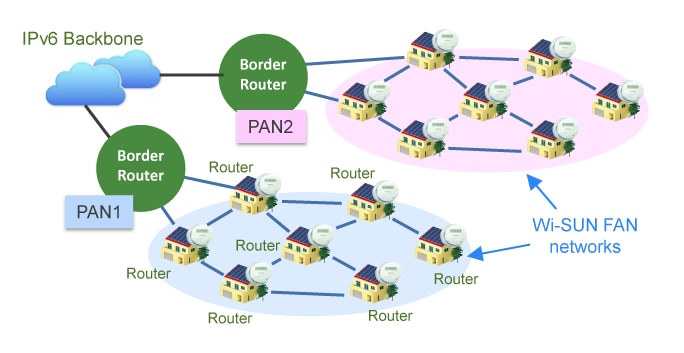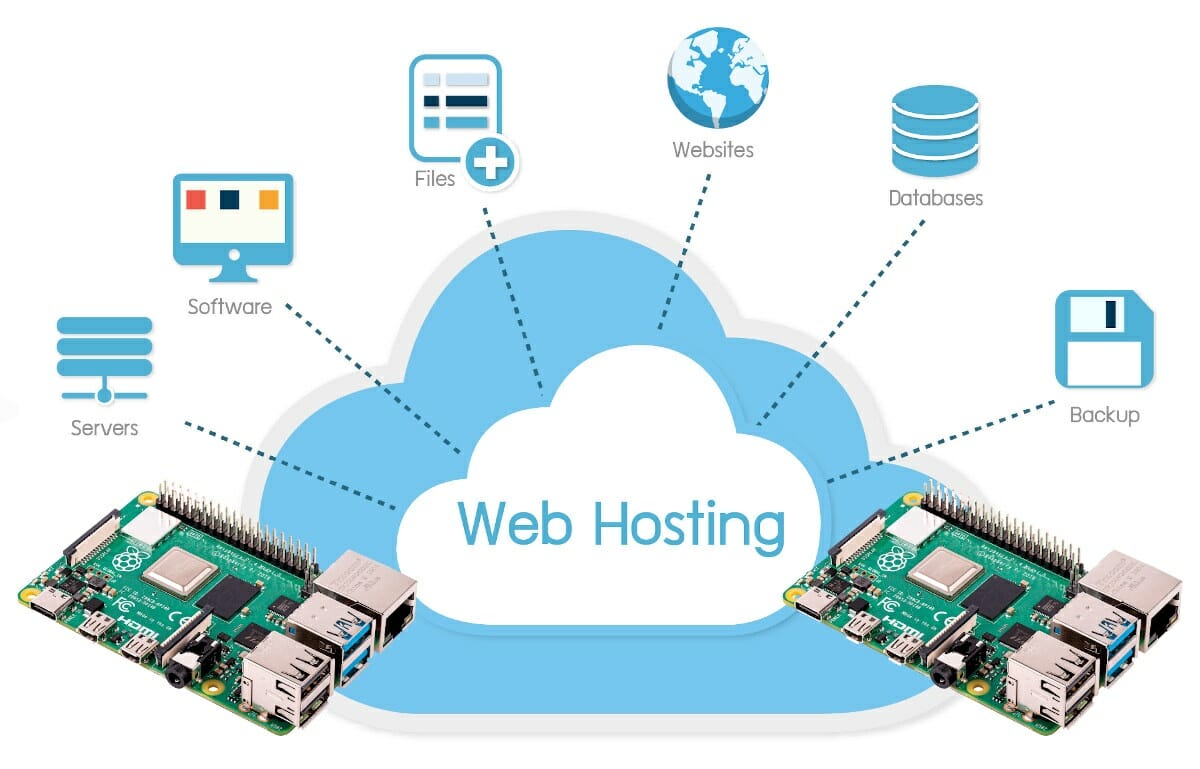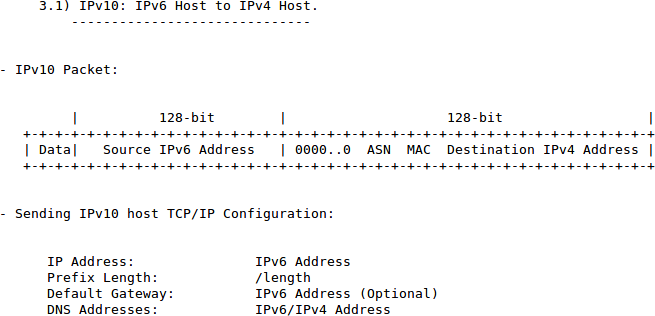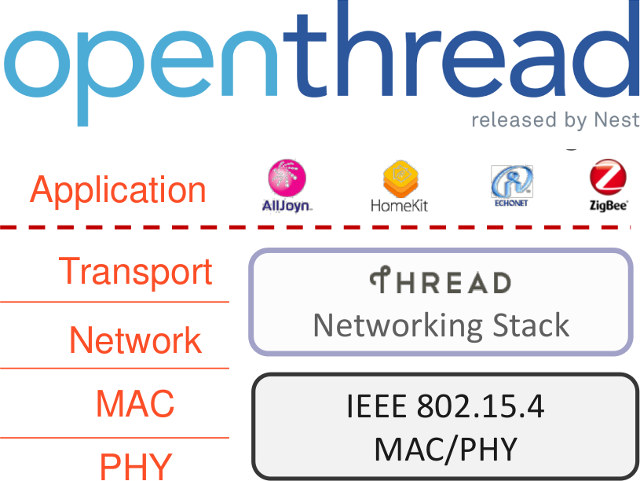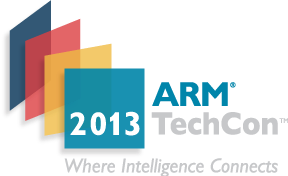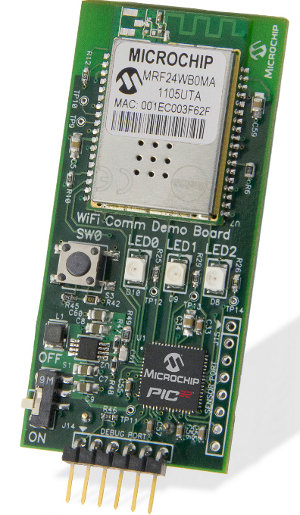Wi-SUN is a standard (IEEE 802.15.4g) managed by the Wi-SUN Alliance and designed for Smart Cities, Smart Agriculture, and other large scale IoT deployments with a large number of devices thanks to the use of IPv6 mesh networking. The organization was founded in 2011 to “support the worldwide development of Wireless Communications Networks for Utilities, Smart Cities and IoT”, but due to the niche nature of target applications, it does not get that much press coverage and was only recently brought to my attention. Wi-SUN stands for “Wireless Smart Utility Networks”or “Wireless Smart Ubiquitous Networks”, and the standard aims to connect streetlights, cameras, weather stations, smart metering, utility transmission systems, and others to enable data-sharing between city services to improve their efficiency, save costs, and offer improves services to citizens. Wi-SUN FAN (Field Area Network) is the latest protocol managed by the Wi-SUN Alliance with over 95 million units shipped […]
IKOULA hosts Raspberry Pi 4 “micro server” for 4.99+ Euros per month
Hosting services for Arm single board computers where you pay a monthly fee for a board, and have it hosted in a datacenter with Internet access and easy provisioning have been around for over six years. Last summer, we reported that Mythic Beasts and mini Nodes had added Raspberry Pi 4 hosting plans to their offerings, and others commented there were also other companies. But I’ve just been informed IKOULA, a hosting company based in France, had introduced Raspberry Pi 4 “micro server” hosting plans starting at just 4.99 Euros ex. VAT per month. The hosting plans include the following: Micro server – Raspberry Pi 4 SBC with 4GB DDR4 RAM Storage – 16GB SD card (optional 120 GB SSD) Connectivity – IPV6 only, with IPv4 as an option Bandwidth – 1 Gbit/s Availability – 99.95 % The company offers Raspbian (Raspberry Pi OS), Ubuntu 20.04 32-bit or 64-bit for […]
IPv10 Draft Specification Released for IPv6 <-> IPv4 Communications
The first time I used IPv6 was in 2000 for my final year project, and for many years, we’ve been told that IPv4 32-bit address space was running out, and a transition to 128-bit IPv6 address was necessary, and would happen sooner rather than later. Fast forward to 2017, I’m still using IPv4 in my home network, and even my ISP is still only giving a dynamically allocated IPv4 address each time we connect to their service. Based on data from Google, IPv6 adoption has only really started in 2011-2012, and now almost 20% of users can connect over IPv6 either natively or through IPv4/IPv6 tunneling. But today, I’ve read that IPv10 draft specifications had been recently released. What? Surely with the slow adoption of IPv6, we certainly don’t need yet another Internet protocol… But actually, IPv10 (Internet Protocol version 10) is designed to allow IPv6 to communicate to IPv4, […]
OpenThread is an Open Source Implementation of Thread IoT Networking Protocol
Thread was announced about two years ago, as a new IP-based wireless protocol based on 6LoWPAN and 802.15.4 standards and targeting IoT applications. Nest Labs, an Alphabet company, has now released OpenThread open-source implementation of the networking protocol under a BSD license. The source code (C++) for OpenThread includes supports for End Device, Router, Leader & Border Router roles, and can be found on Github. The implementation is said to be OS and platform agnostic with a radio abstraction layer, have a small footprint, and implement all Thread networking layers, namely IPv6, 6LoWPAN, IEEE 802.15.4 with MAC security, Mesh Link Establishment, and Mesh Routing. To quickly get started, you may want to read the Examples README which explains how to build the code, start two nodes, and ping them. Interestingly, while the code is there for everybody to use, only paid members ($2,500 to $100,00) of the Thread group can […]
Linux 4.3 Release – Main Changes, ARM and MIPS Architectures
Linus Torvalds released Linux Kernel 4.3 last week-end: So it *felt* like the last week of the rc series was busy, to the point where I got a bit worried about the release. But doing the actual numbers shows that that really was just my subjective feeling, probably due to the kernel summit and travel back home from Korea. It wasn’t actually a particularly busy week, it’s just that the pull requests were more noticeable in the last couple of days. We had a network update and a late fix for a x86 vm86 mode bug introduced by the vm86 cleanups, but other than that it’s just a collection of various small one-liners all over. Ok, the vm86 mode thing was a one-liner too, it was just slightly more nerve-wracking because it looked scarier than it was before people (Andy) figured out what was going on. The changes from rc7 […]
ARM TechCon 2013 Schedule – ARM Servers, Internet of Things, Multicore, Hardware and Software Optimization and More
ARM Technology Conference (TechCon) 2013 will take place on October 29 – 31, 2013, in Santa Clara, and the detailed schedule for the event has just been made available. In the previous years, the conference was divided into Chip Designs day (1 day), and the other 2 days were reserved for Software & System Design, but this year it does not appear to be the case. Whether you’ll be able to attend the event or not, it’s worth having a look at what will be discussed there in order to have a better understanding of what will be the key ARM developments in the near future in terms of hardware and software. There will be around 90 sessions categorized into 15 tracks: Accelerating Hardware Development – This track explores the resources, tools, and techniques that designers can employ to quickly bring hardware to market. Topics include multicore design, ARM IP, […]
NXP Unveils JenNet-IP-EK040 Evaluation Kit for the Internet of Things
NXP Semiconductors announced the availability of JenNet-IP-EK040 evaluation kit featuring JenNet-IP wireless network layer software for the Internet of Things. This evaluation kit based on NXP’s JN514x single chip wireless MCU provides all the components needed to create applications for IPv6-based networks for lighting and home automation. The JenNet-IP EK040 evaluation kit includes the following: 4 wireless sensor nodes, including modules based on JN5148-J01 and JN5142-J01 chips (single chips with MCU and IEEE802.15.4 transceiver) , USB micro-B connectors, a JN514x IO expansion port, support for USB, battery or an external power supply unit (not included), and 2 USB cables. 4 plug-in shields with an Arduino-compatible footprint featuring 3 dimmable white LEDs, as well as temperature, light level and humidity sensors. 2 high-power JN5148-J01 modules for extended range 2 high-power USB dongles for sniffer and coordinator A router providing connection to Ethernet, with a custom Open WRT Linux distribution and power supply. […]
Microchip Unveils Wi-Fi Comm Demo Board with 32-bit PIC32 MCU
After TI and Qualcomm, here’s another WiFi solution for MCU aimed at the internet of things (IoT). Yesterday, Microchip Technology announced the Wi-Fi Comm Demo Board, which combines a Microchip 32-bit PIC32 microcontroller (PIC32MX695F512H) with a low-power MRF24WB0MA embedded Wi-Fi radio transceiver module. This small (and cheap) demo board can be used to integrate with existing embedded designs and/or to evaluate Wi-Fi connectivity with a 32-bit MCU. Contrary to TI and Qualcomm, the IP network stack is not implemented in hardware, but Microchip provides a TCP/IP stack that can be freely downloaded at http://www.microchip.com/get/A3VP. This TCP/IP stack includes HTML, DHCP, DNS, IPv4/v6, SSL, etc… (See diagram below) The memory footprint is 28-34 KB depending on the modules used. I could not find details about power consumption, but the company claims their solution can also run with just 2 AAA batteries. Microchip explains that this solution can enable the rapid growth […]


